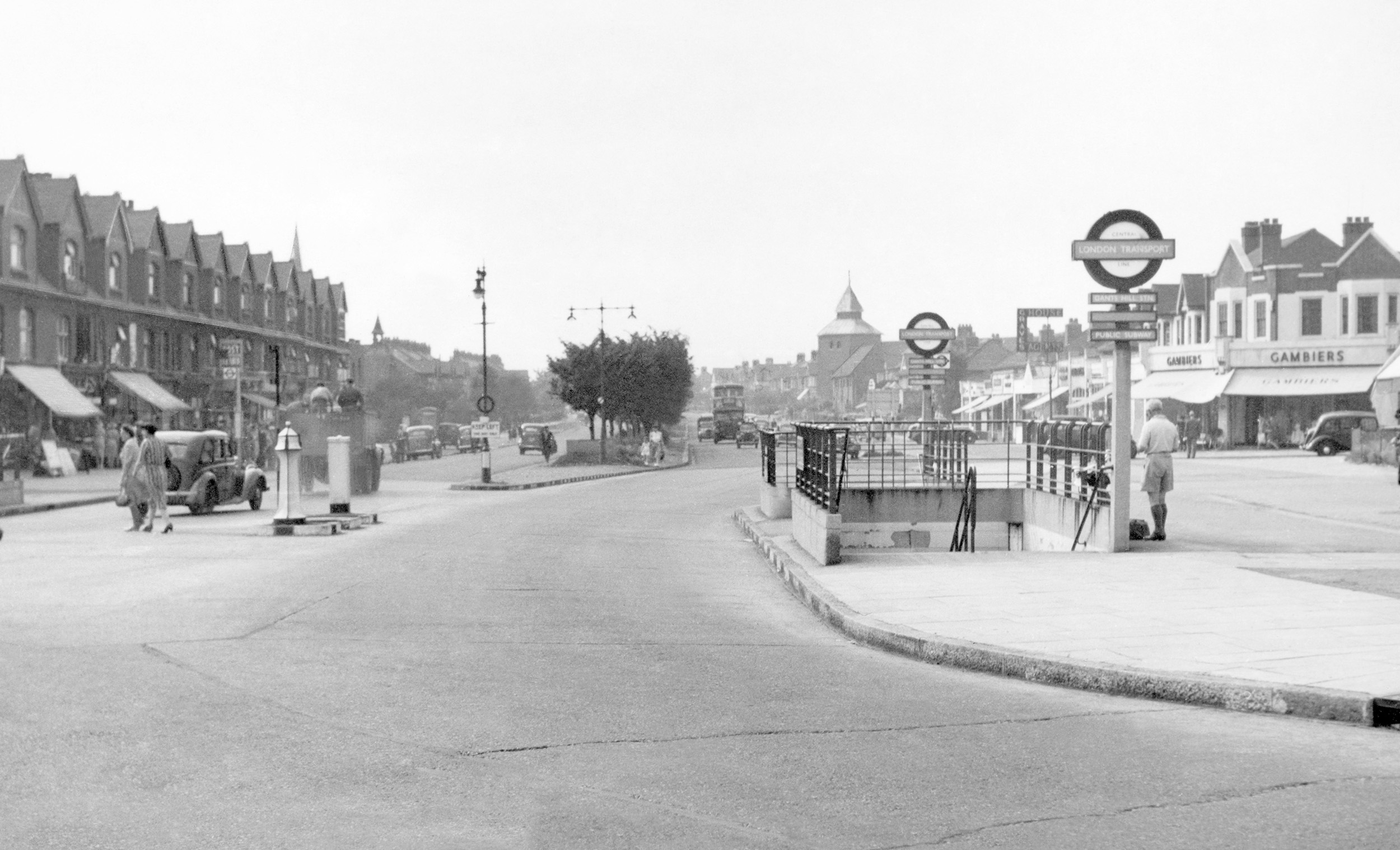General Election Promises: Why Landlords Are Keeping An Eye On All Party’s Housing Policy!.

What can landlords, agents and property managers expect from the outcome of the forthcoming general election? Is it possible to find clues in past announcements or recent statements?
The last few years have been challenging for buy to let landlords and the rental properties market as a Conservative government continues to introduce legislation aimed at reforming tenancy conditions in the private sector. But what would a Corbyn-led Labour party do if handed the keys to No.10?
Right To Buy scheme
There have been discussions involving Shadow Chancellor John McDonnell suggesting a Labour government would offer a ‘right to buy’ scheme for private tenants to purchase their rental homes. The price would be below market value, which could help first-time buyers onto the property ladder.
An estimated 14 per cent of first time buyers used the current government ‘Help to Buy’ scheme in 2018, and more than one in three (36 per cent) of all property purchases in 2018 were made by first time buyers during the same period, according to property portal, Zoopla.
It was later confirmed that Shadow Chancellor’s proposal was really aimed at landlords with larger property portfolios rather than those who simply owned one or two properties as personal, long-term pension investments. Industry observers feel that the Labour plan might not be so easy to implement.
Private sector rent controls
Just prior to this year’s party conference in October, a right wing Labour thinktank stated that they were considering bringing back rent controls to the private rented sector, a policy operating in Ireland and other countries in Europe. One of the many problems this would be likely to cause landlords is the difference in rent yield from a property in one area compared to the rent yield from a similar property type in another area.
However, the thinktank also added that while tenants were in favour of a rent control policy, they claimed the party were also concerned by “unintended consequences causing landlords to sell up”. Clearly, landlords are likely to be keeping very alert to any imminent announcements regarding future Labour government plans for the private rental sector.
But what promises have the Conservative party recently made that might seem to offer landlords reasons to vote for them? Their period in government over the last two years has seen an seemingly endless torrent of legislation aimed at reform of the private rental sector. More than 150 separate items have been introduced, which is the highest amount in 15 years – up by thirty per cent.
Significant changes that landlords and property agents have recently faced
Arguably, the more significant changes that landlords and property agents have recently faced were HMO Licensing for properties of three or more storeys, council Selective Licensing and the abolition of Tenant Fees. More recently, rental deposits were also capped at a maximum of five weeks rent.
But probably the most challenging was the phasing out of mortgage interest tax relief on rental properties. Landlords are no longer able to offset their mortgage payments against rental income. In 2015, the Conservative Government Chancellor, George Osborne, introduced tax and regulatory changes to the private rental sector, which led to a 3 per cent surcharge on stamp duty in April 2016 and the start of phasing out higher rate tax relief on mortgage interest payments.
Then we come to the proposed government repeal of so-called, “no fault evictions” under Section 21 of the Housing Act 1988. If enacted, landlords would no longer be able to evict tenants using the Section 21 notice procedure. Instead, tenancies could only be terminated if a landlord can provide a ‘legitimate’ reason. It would also mean landlords would have to rely on serving a Section 8 notice which requires concrete evidence specified by law in support of a landlord’s reasons for ending a tenancy. However, use of a Section 8 notice will allow landlords to regain their home when it’s to be sold or to live in themselves.
As a result, as many as one in five landlords said they would sell up and leave the market, according to a survey by the National Landlords Association (NLA). It comes as no surprise that a 2019 survey carried out by the NLA found that only a quarter of landlords would vote for the Conservative party today in a general election compared to around two thirds who voted for them in 2017.
Lib Dem proposals very similar to the two main parties
And what of the Liberal Democrats? Analysts suggest that Lib Dem proposals are very similar to the two main parties. However, under their “right to buy’ scheme, rental payments would be put towards a tenant’s increasing stake in a property, which would be owned outright after 30 years. This differs from the Labour proposal which would force landlords to sell part of their existing property to the tenant. The party also suggests promoting longer tenancies of three years or more, linked to inflation.
Housing policy is always a controversial issue, and even more so in the run up to an election. There is a huge concern over availability and affordability in the current marketplace. Landlords and their property agents will sure to be keeping close watch on any party announcements affecting viable rental yield growth, quarterly incomes and their long term investments.

